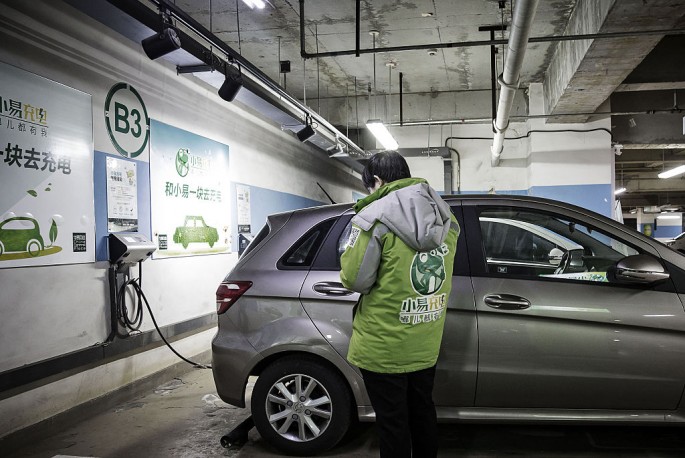More than 200 companies in the country, most of them fledgling manufacturers of electric vehicles (EV), are at risk of massive closure as stricter technology rules will be imposed by the government, which seeks to limit the number to only 10, China Daily reported.
According to a senior executive of the state-backed Auto Manufacturers' Association, the move was aimed at curbing the industry of weak companies and as many as 90 percent of EV startups, some of which are supported by investor-billionaires, may face extinction.
Based on a review of the National Development and Reform Commission, only two ventures have received approval to build cars while three others are planning to apply for permits.
Among the investors, Jack Ma, Terry Gou, Li Ka-shing and Jia Yueting have poured at least $2 billion for the creation of alternative-energy vehicles in a bid to curb air pollution in cities. Attracted by generous government subsidies, many companies rushed to set up their EV companies but lack the technical knowledge to make electric or hybrid cars that can match those from Tesla Motors Inc or General Motors Co.
"There are too many entrants in the sector, and some of them are just speculators," Yin Chengliang, a professor in the institute of automotive engineering at Shanghai Jiao Tong University, said. "The government has to raise the threshold. It's bad to see irrational investments in projects with low technology levels."
The report said that overcapacity and high inventories have prompted the government to impose the cap on EV startups. The proliferation of cheap models may also affect the profit margins of carmakers while it is expected that costs, in terms of fuel and emission targets, are set to increase.
Last year, China beat the U.S. to become the world's biggest market for new-energy vehicles which include electric vehicles, fuel-cell cars and plug-in hybrids. The China Association of Automobile Manufacturers said that about 331,092 units were sold by domestic automakers last year.
About 4,000 new-energy vehicles (NEV) are being developed now but the government is expecting to sell about 3 million units a year by 2025 and it offers to subsidize about 60 percent of an electric car's price.
The Ministry of Industry and Information Technology released this month a draft policy that enumerated the 17 technologies that companies intending to sell EV cars must possess to sustain the development of the industry. Among these technologies include a control system to determine the performance and stability of the NEV, an information system for tracking the sources and conditions of key parts and a process on how to recycle or reuse batteries.
A report by the State Council's newspaper, The Economic Daily, said that about 90 percent of companies developing EV platforms will not be able to meet the standards even in two years.
Beijing Electric Vehicle Co, which is controlled by BAIC Group, the State-owned manufacturer for Hyundai Motor Co and Daimler AG's Mercedes-Benz, has successfully got approval. The company is planning to set up a factory that can build 70,000 EVs a year.



























